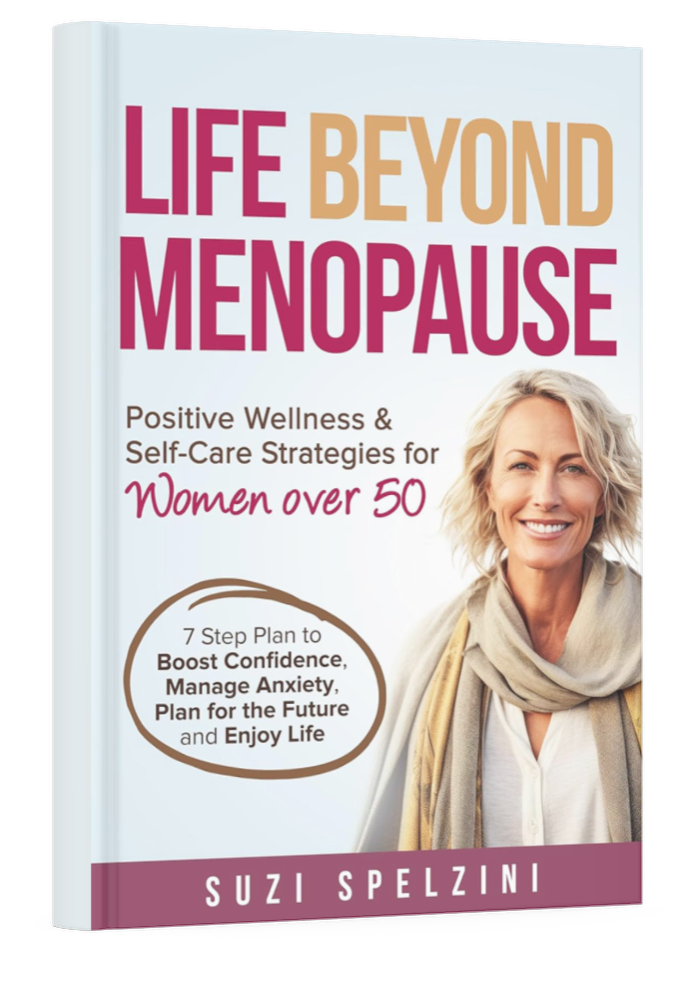What are Complementary Therapies?
I am clearly showing my age here when I can remember a day when Complementary Therapies were unheard of in the UK. Slowly, they began to emerge under the guise of 'Alternative Therapies', and eventually, the 'Parlour' in 'Massage Parlour' disappeared. Massage moved into the light, shedding its seedy, dirty raincoat image as it went (and not a day too soon).
I was living and working in the Far East and Australia during this time. Both places were so far ahead of us here in the UK, where we still believed 'Aromatherapy' to be weird, wacky and a little bit risqué.

My first experience of a Hot Stone Massage almost blew my mind. How can anything possibly feel that good and still be legal? At the time, I was working in a fast-paced, highly demanding corporate role for Hong Kong Telecom. I found it almost impossible to switch off, unwind and relax and would regularly find myself wide awake at 4am sending messages back to London to keep on top of the workload. At one point, a colleague suggested I might want to try something called Reiki, and reluctantly, I agreed. I can honestly say my life changed forever from that point. If you haven't tried it, I recommend you do it as soon as possible. It may not be for everyone, but you'll never look back if it is for you. I went on to train in Reiki and, in 1998, became a Reiki Master Teacher. I have since initiated over 200 students into the traditional Usui method, which is now simply part of everything I do on a daily basis. For more information, please get in touch with The Reiki Association at www.reikiassociation.net.
My love of therapies continues to this day and was the steppingstone that took me on to setting up my first Wellness Centre in Scotland in 2002 after being made redundant from my corporate role on my return to London. I eventually went on to train and practice as a Clinical Reflexologist, Indian Head Massage therapist, Hopi Ear Candler, Holistic Skin Care Facialist, Dermaplaner, NLP Counsellor and, more recently, as a Menopause Practitioner.
Fast forward almost 30 years, and where are we now? I'm delighted to say much further on regarding the variety, acceptance, and choice of therapies available to us. Let's look at some of the more effective treatments for symptoms of Menopause.
Acupuncture:
Acupuncture is most effective for pain management and stress reduction. It involves inserting thin needles into particular points and zones of the body to help balance the Chi (flow of energy).
Aromatherapy:
Aromatherapy is one of the oldest recognised therapies in the UK. It uses natural pure essential oils (extracted from plants) as a massage medium, burned within the home in diffusers or applied topically to the skin or inhaled. Depending on the oils being used, the effects can be very relaxing, help to improve moods and relieve stress.
Meditation:
Meditation is practiced by the individual (rather than given to a person by a practitioner). It comes in many forms and can be excellent for relieving anxiety, helping with poor sleep patterns and generally reducing stress.
Hypnotherapy:
Hypnotherapy uses guided relaxation techniques to encourage the patient to achieve heightened awareness. It can be very effective for helping combat anxiety and panic attacks as well as dealing with phobias or behavioral issues.
Reflexology:
Reflexology uses pressure points in the feet, which correspond with different areas and organs of the body. The body's natural healing process kicks in when stimulated, and a sense of well-being and relaxation follow. It can be very relaxing but is not ideal for those who do not enjoy their feet being touched.

Reiki:
Reiki originates from Japan and means Universal life force. It is based on the principle that universal energy flows through all living things. When this energy becomes blocked or stagnant, the body is unable to function at total capacity. A Reiki treatment is very relaxing and can promote healing and balance on physical, mental and emotional levels.
It goes without saying that any complementary therapy should be approached with an open mind as their effectiveness will vary from person to person. Always check that the practitioner is fully qualified and insured to carry out treatments, and never be afraid to ask any amount of questions before booking an appointment. A true lover of their art will be pleased to help, guide and advise you in all aspects of their chosen discipline.

Unveil a New Chapter with Life Beyond Menopause
A Guide to Thriving for Women Over 50
Embark on a transformative journey with 'Life Beyond Menopause'. This isn't just a book; it's a beacon of hope and a practical guide for every woman over 50 who refuses to fade into invisibility. Debra Bell offers a powerful message: Your best days are not behind you; they're waiting to be lived with strength, wisdom, and positivity.
Comprehensive Guidance
Addressing the multifaceted changes post-menopause, this book covers everything from physical, mental, and emotional health to the evolving dynamics of family and relationships.
Empowering Steps
Dive into a 7-Step Plan filled with practical tips, strategies, and motivational ideas. Boost your confidence, manage anxiety, and plan for a future filled with joy and fulfillment.
Rediscover and Reinvent
Learn how to activate a 'New You', embracing new opportunities, career paths, interests, and hobbies. This book is your roadmap to an empowering lifestyle, guiding you to rediscover life's vibrancy
Real Solutions
'Life Beyond Menopause' goes beyond the clichés of aging, offering real, tangible solutions to the challenges faced by women over 50.
